Volvo Announces Intentions To Accept Full Accident Liability With Its Autonomous Cars

Autonomous cars are one of the hottest topics in the auto industry these days, and one of the biggest concerns for regulators is the question of who is at fault when self-driving vehicles are involved in accidents. Is it the software provider? The automaker? Or the car owner, who isn’t actually driving the car?
The question of accident liability is certainly one of the most complex issues that must be solved before autonomous cars can exist amongst traditional cars on our roads. Although no one has yet been able to provide a solution that has been widely accepted, now, in the space of just a few days, Google, Mercedes-Benz and Volvo have all said that they would accept responsibility for accidents when their computers are controlling the vehicle that is involved.
Perhaps these statements mark the beginning of a widespread solution that will eventually alleviate this growing concern. Both Google and Mercedes made their statements during a segment on the television show 60 Minutes, although they chose to do so off-camera. According to correspondent Bill Whitaker, “Google and Mercedes told us, if their technology is at fault once it becomes commercially available, they’ll accept responsibility and liability.” That is certainly a straightforward statement, but the reality is that this is not an official policy at this point, so it’s unwise to consider it an absolute truth. However, it does indicate the concept is being discussed by these companies, and perhaps this will develop into a comprehensive solution in the future.
Conversely, Volvo’s statements were made publicly by the company’s president and CEO, HÃ¥kan Samuelsson, during a presentation on autonomous vehicles last week in Washington, D.C. “Volvo will accept full liability whenever one of its cars is in autonomous mode, making it one of the first carmakers in the world to make such a promise,” he said.
These bold statements indicate at least a willingness to consider taking responsibility for autonomous vehicle accidents, but of course, they won’t necessarily lead to this practice becoming widespread among automakers once self-driving cars become prevalent in our communities. But even if they don’t lead to a complete solution for autonomous vehicle accident liability, these statements from Google, Mercedes-Benz and Volvo may at least provide consumers with more confidence in relying on self-driving vehicles in the future, which many surveys indicate is currently seriously lacking.
Ben Gardner, an expert in autonomous vehicle technology and regulation at Pinsent Masons, the law firm behind Out-Law.com, said that Volvo is seeking to clarify an issue that is complicated under U.K. law. “Volvo wants to remove the uncertainty of who would be responsible in the event of a crash,” he said. “At the moment, it could be the manufacturer of the technology, the driver, or a maker of a component in the car. In this country, the party causing an accident is responsible once all of the circumstances of the particular case have been examined. But moving to a strict manufacturer liability approach would remove the need to consider who is responsible for the collision. This is something not currently recognized in the U.K. approach to liability.”
For his part, Volvo CEO HÃ¥kan Samuelsson called on the United States to develop a new nationwide framework for the regulation and testing of driverless vehicles.
“The absence of one set of rules means carmakers cannot conduct credible tests to develop cars that meet all the different guidelines of all 50 U.S. states,” Samuelsson said. “If we are to ensure a smooth transition to autonomous mobility, then together we must create the necessary framework that will support this.”


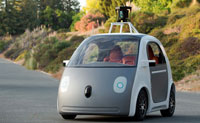


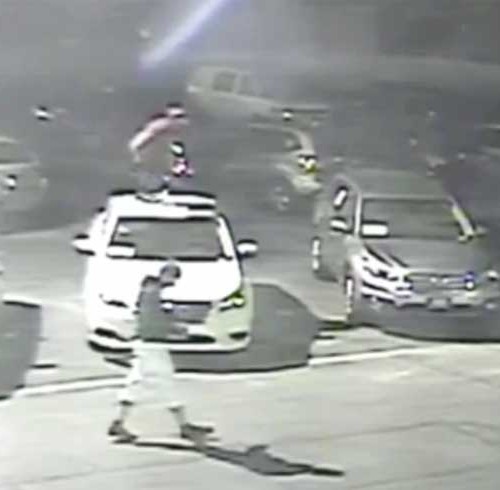
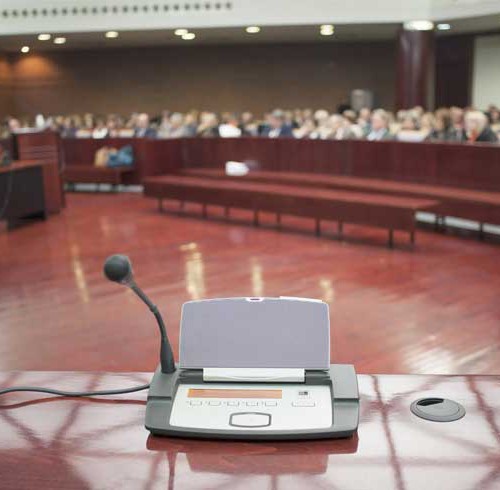

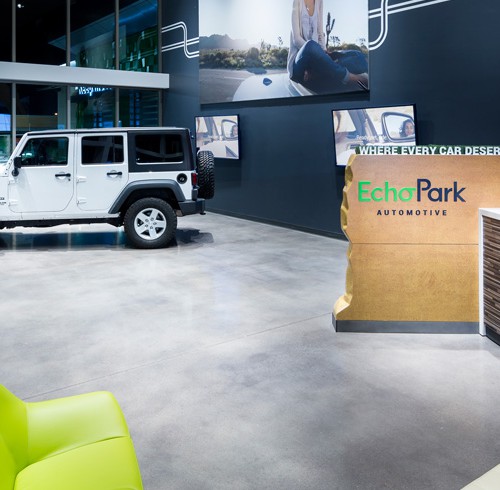
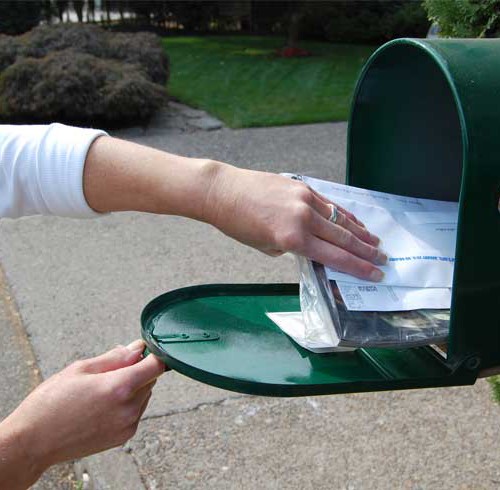


Warning: count(): Parameter must be an array or an object that implements Countable in /home/pg4b1yzvrqqo/domains/test.drivingsalesnews.com/html/wp-includes/class-wp-comment-query.php on line 399